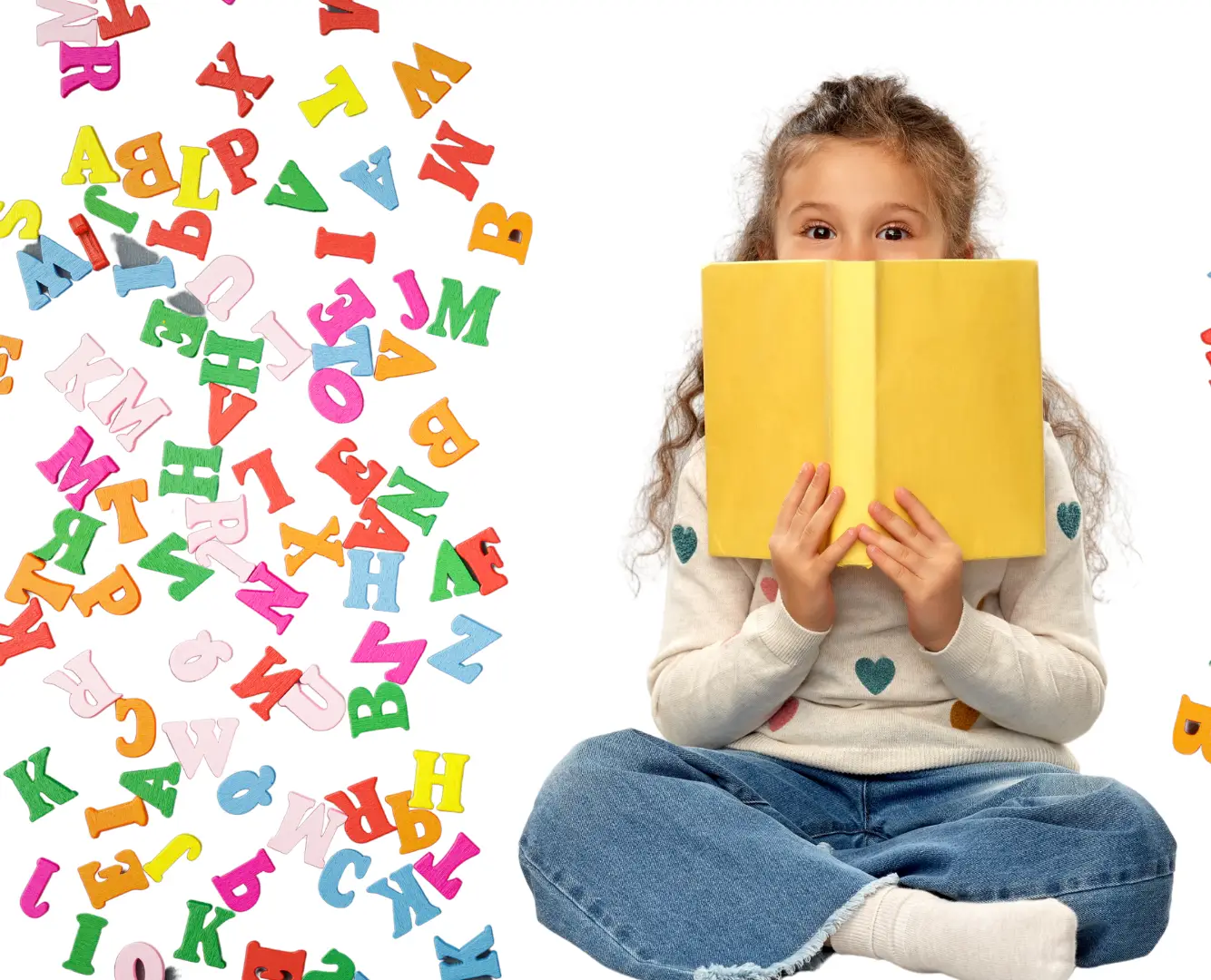“Vocabulary is boring!” is often the cry from students across the classrooms of America. For many students, this may be the case. Yet, vocabulary is essential to education because words are the core of communication. Whether written or spoken, our children must have a firm grasp of words. It is proven that children who are read to grow to become more avid readers. So what makes a child have a complex and varied vocabulary? The answer to this question lies in the type of vocabulary instruction that they receive as well as the type of literature that they consume. While vocabulary instruction must be intentional, it should not be boring. Vocabulary instruction can be included in everyday tasks such as reading or even watching a movie together.
Reading is a critical component of vocabulary instruction because it exposes children to words they otherwise may not have encountered. It also allows them to see words in a variety of contexts which helps to broaden their understanding and usage of words. They can see a character’s emotions as they use the word. They can see how the word is used to convey meaning. For example, rather than saying someone was angry, an author may say that they were enraged, disgusted, infuriated, etc. This allows the child to learn a new word but also be able to connect it with synonyms that they may already know, such as angry, mad, or frustrated.
Better vocabulary instruction makes better readers. We also understand that many children fall behind in vocabulary early in their academic years. Statistics state that rather than this gap closing, the gap often widens as time passes. [Beck; McKeown; Kucan; _Bringing Words to Life; 2_013] However, with vigorous and definitive vocabulary instruction, the vocabulary gap can be rebuilt, and a brighter future be established.
Lemons-Aid’s book clubs do not just focus on any type of literature. We want to rise above the average and present children with more rich and diverse texts which allow them to explore deeper vocabulary. The Newberry book clubs focus on award-winning books through the decades. Children are exposed to meaningful vocabulary instruction through context and direct instruction on some words. Our Middle School and High School book clubs focus on the Notables. The classical books offer a plethora of vocabulary that students may have never heard. We intend to dissect these sentences to discover the vocabulary within. We aim to have students leave our book clubs with a richer and deeper vocabulary.
Finally, the best place for vocabulary instruction will always be at home. If you hear a word in a movie or TV show that your child may not understand, talk about it with them. As you practice reading together, focus on a word in the story and ask your child what they think it means and help them form a complete understanding. Vocabulary instruction doesn’t have to only take place in the classroom. You can assist your child in being a top vocabulary scholar by using words frequently and often, pointing out unfamiliar words, and discussing books and movies with your child. Together, we will bring children’s vocabulary from average to extraordinary.





